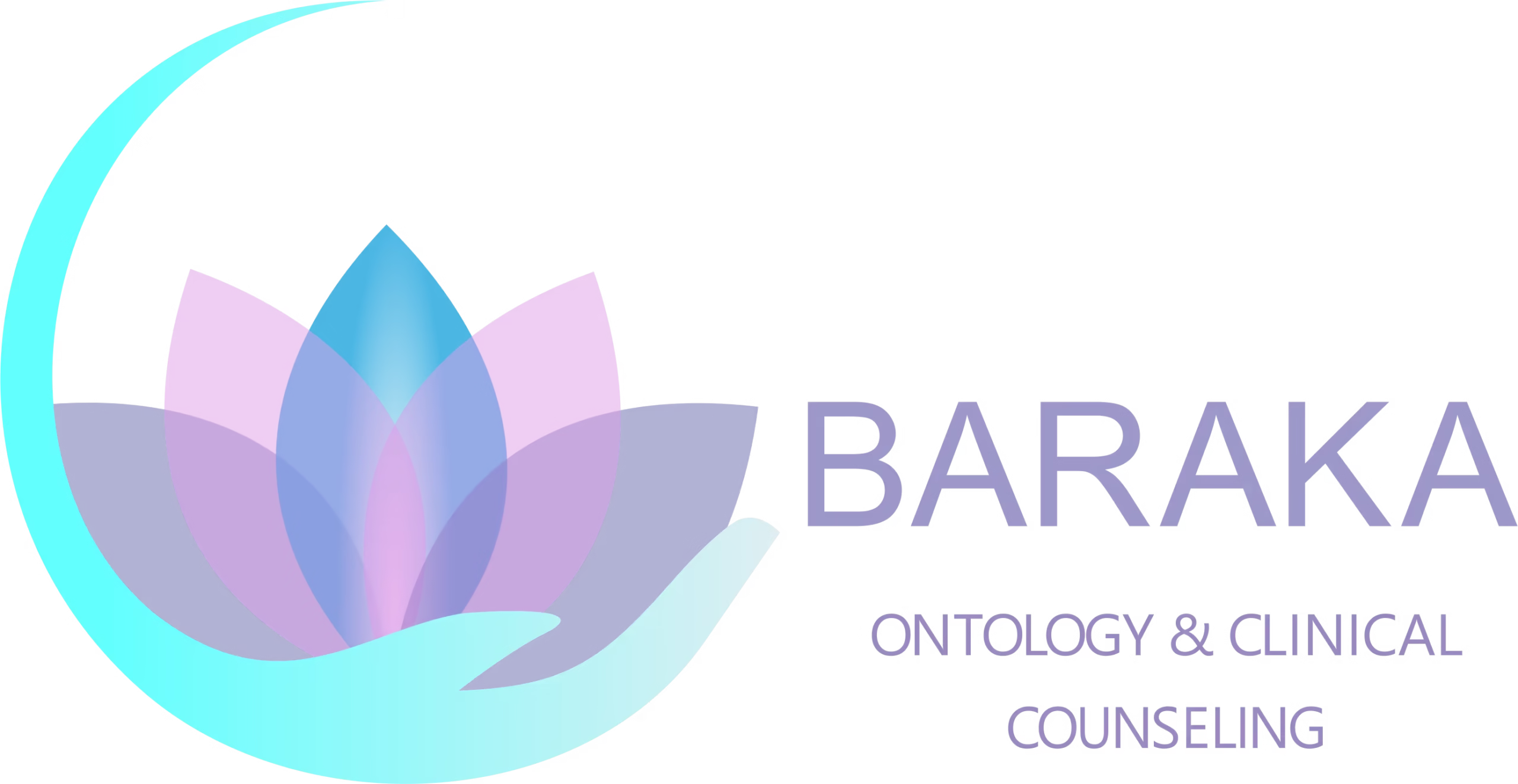Healing, Insight, and Emotional Growth Through Guided Preparation & Integration
Psychedelic-assisted therapy has gained global attention for its profound mental-health benefits, yet in Canada, access to psychedelic substances remains highly regulated. At Baraka Ontology & Clinical Counselling, we provide legal, safe, evidence-based psychedelic preparation and integration therapy — helping individuals process past psychedelic experiences, prepare for upcoming journeys, and translate insights into lasting emotional transformation.
We do not administer psychedelics. Instead, our clinicians offer trauma-informed psychological support rooted in depth therapy, somatic awareness, and integrative mental-health practices.
This page provides a clear, research-grounded overview of how psychedelic therapy works, its benefits, and how Baraka OCC can support you.
What Is Psychedelic Therapy? (Modern, Evidence-Based Definition)
Psychedelic therapy refers to a therapeutic process that uses psychedelic substances (such as psilocybin, MDMA, or LSD) in conjunction with psychotherapy to promote emotional healing, trauma resolution, and psychological insight.
While dosing sessions remain restricted in Canada, many clients seek integration therapy after experiences in legal retreats, clinical research trials, or spiritual contexts.
At Baraka OCC, we specialize in:
- Psychedelic integration therapy
- Preparation sessions before a psychedelic experience
- Processing insights afterward
- Supporting emotional, spiritual, and psychological meaning-making
This approach aligns with leading organizations like MAPS, Johns Hopkins, and Imperial College London, which emphasize the importance of therapeutic support around psychedelic experiences.
How Psychedelics Work: The Science Behind Healing
Modern research shows that psychedelics create powerful shifts in the brain by:
1. Modulating the Serotonin (5-HT2A) System
This leads to enhanced emotional openness, altered sensory perception, and increased neuroplasticity.
2. Disrupting Rigid Thought Patterns (Default Mode Network)
This interruption allows individuals to see themselves from new perspectives, often resulting in breakthroughs regarding trauma or long-held beliefs.
3. Enhancing Neuroplasticity
Psychedelics temporarily increase the brain’s capacity to form new neural pathways, supporting long-term change in:
- emotional patterns
- behavioural responses
- self-perception
- interpersonal relationships
Why People Seek Psychedelic Therapy or Integration
Psychedelic-assisted psychotherapy has shown promising results for:
- Treatment-resistant depression
- PTSD
- Anxiety
- Childhood trauma
- Addiction
- Emotional numbness or disconnection
- Existential or spiritual distress
- Identity exploration
- Grief and loss
At Baraka OCC, we support individuals exploring:
- spiritual awakening
- emotional breakthroughs
- personal meaning
- trauma processing
- life transitions
- psychological growth
We offer a safe, culturally responsive, non-judgmental setting to make sense of these experiences.
Benefits of Psychedelic Therapy (Research-Supported)
1. Breakthroughs for Depression, Anxiety & Trauma
Research from MAPS, Johns Hopkins, and Health Canada trials show significant reductions in:
- PTSD symptoms
- depressive episodes
- anxiety patterns
- trauma reactivity
2. Access to Deep Emotional Processing
Many people describe:
- profound emotional release
- new understanding of their trauma
- improved connection with self and others
3. Insight Into Root Causes of Emotional Patterns
Unlike traditional therapy, which builds insight gradually, psychedelics often illuminate:
- subconscious beliefs
- childhood patterns
- unresolved grief
- inner conflicts
4. Increased Neuroplasticity → Faster Psychological Change
This makes integration therapy especially valuable, as clients are uniquely receptive to new patterns and perspectives.
5. Personal and Spiritual Growth
Many individuals report:
- heightened creativity
- greater clarity
- improved relationships
- spiritual meaning
- renewed motivation
What Baraka OCC Actually Provides (Clear + Ethical + Legal)
We specialize in:
1. Psychedelic Preparation Therapy
Helping you prepare psychologically, emotionally, and somatically for a psychedelic experience in a safe, grounded, therapeutic manner.
Includes:
- intention-setting
- understanding expectations vs. realities
- identifying risks
- developing emotional regulation skills
- safety planning
2. Psychedelic Integration Therapy
After a psychedelic experience, we help you:
- make sense of insights
- process difficult or confusing moments
- integrate emotional breakthroughs
- apply new perspectives to daily life
- resolve unresolved or overwhelming content
- transform insight into long-term change
Your Therapist: Elham Zolfagharinia, RCC
Psychedelic preparation and integration therapy at Baraka OCC is led by Elham Zolfagharinia, a Registered Clinical Counsellor trained in trauma-informed, depth-oriented, and somatic therapy. Elham specializes in supporting clients who have experienced altered states of consciousness and seeks to create a safe, grounded, culturally sensitive environment for emotional exploration.
Her therapeutic style integrates:
- attachment-based therapy
- somatic awareness
- Jungian-informed depth work
- trauma-informed care
- evidence-based psychedelic integration models
Elham ensures clients feel deeply supported, regulated, and understood throughout their healing process.
What a Session Looks Like
Preparation Session
- Exploring intentions
- Emotional readiness
- Safety considerations
- Grounding + mindfulness skills
Post-Experience Integration
- Processing emotions
- Making meaning of symbolism + imagery
- Connecting insights to trauma or life patterns
- Developing action steps
- Strengthening new emotional or relational pathways
All sessions are confidential, supportive, and personalized.
Legal Considerations: What You Need to Know
To remain transparent and compliant:
- Psychedelic substances remain restricted in Canada.
- Baraka OCC does not provide, administer, or supply psychedelics.
- All therapy offered is non-drug, psychological support only.
This aligns with ethical standards and BCACC guidelines.
FAQs
Is psychedelic therapy legal in Canada?
Psychedelic substances are regulated, but integration and preparation therapy is legal and available at Baraka OCC.
Do you administer psychedelics?
No. We provide therapeutic support before and after psychedelic experiences.
Can I come for integration even if my experience was difficult?
Yes. Many clients seek therapy after overwhelming or confusing experiences.
Is integration helpful if my experience was positive?
Absolutely — integration helps turn insights into long-term growth.
Who is not a good candidate for psychedelic exploration?
People with a history of psychosis or certain medical conditions may need specialized assessment.
Is this like regular talk therapy?
It is deeper, more introspective, and uniquely tailored to non-ordinary states of consciousness.


